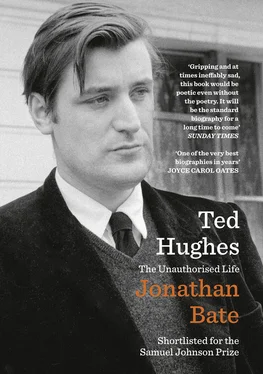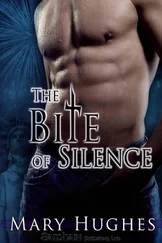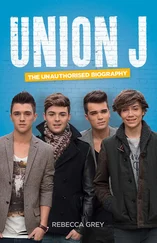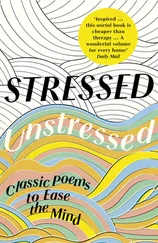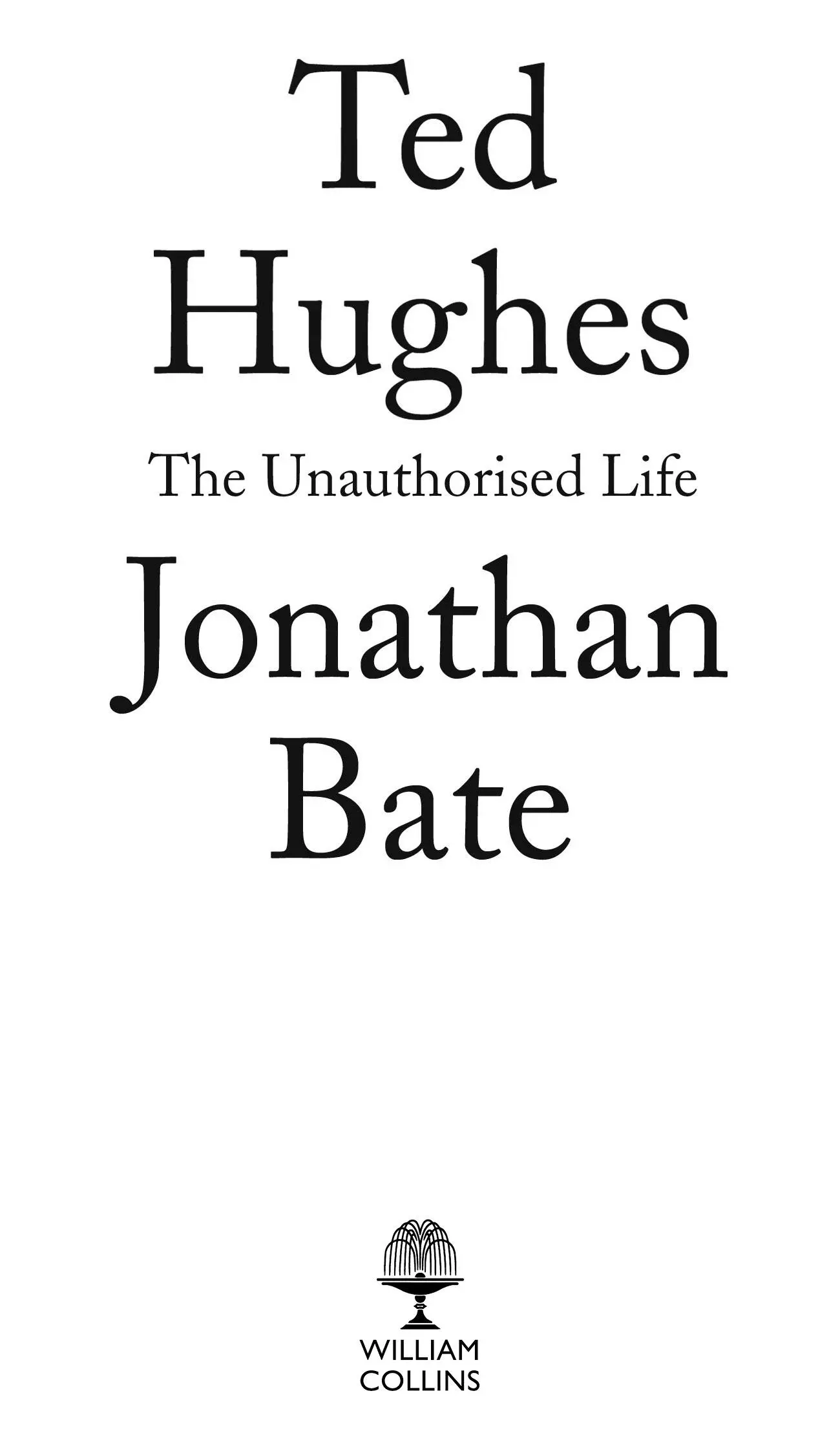
William Collins
An imprint of HarperCollins Publishers
1 London Bridge Street
London SE1 9GF
www.WilliamCollinsBooks.com
First published in Great Britain by William Collins in 2015
Copyright © Jonathan Bate 2015
Jonathan Bate asserts his moral right to
be identified as the author of this work
A catalogue record for this book is
available from the British Library
Cover photograph © John Hedgecoe/TopFoto
The author and publishers are committed to respecting the intellectual property rights of others and have made all reasonable efforts to trace the copyright owners of the images reproduced, and to provide appropriate acknowledgement within this book. In the event that any untraceable copyright owners come forward after the publication of this book, the author and publishers will use all reasonable endeavours to rectify the position accordingly.
All rights reserved under International and Pan-American Copyright Conventions. By payment of the required fees, you have been granted the non-exclusive, non-transferable right to access and read the text of this e-book on screen. No part of this text may be reproduced, transmitted, down-loaded, decompiled, reverse engineered, or stored in or introduced into any information storage and retrieval system, in any form or by any means, whether electronic or mechanical, now known or hereinafter invented, without the express written permission of HarperCollins.
Source ISBN: 9780008118228
Ebook Edition © October 2015 ISBN: 9780008118235
Version: 2016-03-23
Cover
Title Page
Copyright
Dedication
Note to the Paperback Edition
Epigraph
Prologue: The Deposition
1. ‘fastened into place’
2. Capturing Animals
3. Tarka, Rain Horse, Pike
4. Goddess
5. Burnt Fox
6. ‘a compact index of everything to follow’
7. Falcon Yard
8. 18 Rugby Street
9. ‘Marriage is my medium’
10. ‘So this is America’
11. Famous Poet
12. The Grass Blade
13. ‘That Sunday Night’
14. The Custodian
15. The Iron Man
16. ‘Then autobiographical things knocked it all to bits, as before’
17. The Crow
18. The Savage God
19. Farmer Ted
20. The Elegiac Turn
21. The Arraignment
22. Sunstruck Foxglove
23. Remembrance of Elmet
24. The Fisher King
25. The Laureate
26. Trial
27. A
28. Goddess Revisited
29. Smiling Public Man
30. The Sorrows of the Deer
31. The Return of Alcestis
Epilogue: The Legacy
Notes
The Principal Works of Ted Hughes
Suggestions for Further Reading
Picture Section
Acknowledgements
Index
Also by Jonathan Bate
About the Author
About the Publisher
For Paula Jayne, again and always
And for Barrie and Deedee Wigmore,
because the shepherd’s hut unlocked it
Note to the Paperback Edition
I am most grateful to Anne Donovan, Peter Fydler, Brenda Hedden, Carol Hughes and Rowland Wymer for pointing out a number of errors, ambiguities and contested memories, which have been addressed in this edition.
Jonathan Bate, January 2016
As an imaginative writer, my only capital is my own life
Ted Hughes (1992)
When you sit with your pen, every year of your life is right there, wired into the communication between your brain and your writing hand … Maybe all poetry, insofar as it moves us and connects with us, is a revealing of something that the writer doesn’t actually want to say but desperately needs to communicate, to be delivered of. Perhaps it’s the need to keep it hidden that makes it poetic – makes it poetry. The writer daren’t actually put it into words, so it leaks out obliquely, smuggled through analogies … we’re actually saying something we desperately need to share. The real mystery is this strange need. Why can’t we just hide it and shut up? Why do we have to blab? Why do human beings need to confess? Maybe if you don’t have that secret confession, you don’t have a poem – don’t even have a story.
Ted Hughes, interviewed for The Paris Review (Spring 1995)
Q. Would you state your full name for the record?
A. Edward James Hughes.
Q. What is your residence address?
A. Court Green, North Tawton 11, England.
Q. Have you a business address?
A. That’s it. I work from home.
Q. And what is your occupation, sir?
A. Writer.
The Yorkshire accent is unfamiliar. ‘Eleven’ is the stenographer’s mishearing of ‘Devon’. The date is 26 March 1986.
Q. And could you state your age for the record?
A. 55. I shall be 56 this year.
Q. Now, sir, were you at some time in your life married to a woman named Sylvia Plath?
A. Yes.
Q. Can you tell me when you first met her?
A. The 25th of February 1956.
Q. And where did you meet her?
A. Cambridge, England.
Q. And what were the circumstances of that meeting?
A. I met her at a party.
Q. Do you know what she was doing in England?
A. She was on a Fulbright scholarship.
Q. Do you know where she was from?
A. Did I know then?
Q. Yes.
A. I just knew she was American.
The details are established. Her home town was Wellesley, her college was Smith. And then:
Q. Do you know whether or not she had been ill?
A. She told me she had been ill later in the spring.
Q. Did she tell you she had been mentally ill?
A. She told me that she attempted to commit suicide.
Q. Did she tell you the circumstances of her having done that?
A. She only told me as an explanation of the scar on her cheek.
Q. Let me see if I understand your answer. There was a scar on her cheek, is that correct?
A. There was a big scar on her left cheek.1
The Deposition is being taken in the offices of Shapiro and Grace, attorneys, on Milk Street, Boston, before Josephine C. Aurelio, Registered Professional Reporter, a Notary Public within and for the Commonwealth of Massachusetts. Carolyn Grace, attorney, is acting on behalf of her client, Dr Jane V. Anderson, who is present in the room. Anderson is plaintiff in Civil Action number 82-0752-K, versus Avco Embassy Pictures Corporation and others, defendants. Edward James Hughes, writer, is one of the others.
He was a man who took astrology seriously. He believed in signs, auguries, meaningful coincidences. Often he would dream of something happening, only for it to happen subsequently. He lived by, and for, the power of words. His vocation was poetry, language wrought to its uttermost, words honed to their essence. The words of his poems – which he obsessively revised, refined, rewrote – are compacted, freighted with meaning, sometimes darkly opaque, sometimes cut like jewels of crystal clarity. He relished the resonance of names: Elmet, Moortown, the Duchy. He believed that houses held ghosts, strong forces, memories.
In Boston that March of 1986, walking familiar streets, he was flooded by memory. He and Sylvia had lived there some thirty years before, on:
Willow Street, poetical address.
Number nine, even better. It confirmed
We had to have it.2
Doubly poetical, in fact. There were the pastoral associations of willow: Hughes was haunted by the willow aslant the brook in Gertrude’s account of Ophelia’s suicide in Hamlet . More immediately, Hughes discovered that this had also once been the home of Robert Frost. Willow Street is just off Beacon Street, the heart of literary Boston. Here, a stone’s throw from the Charles River, you would find the offices of publishers, both established (Little, Brown) and independent (the Beacon Press). At number 10½ stood the Boston Athenaeum, the library at the centre of the New England intellectual life that back in the nineteenth century had set the template for the nation’s literature. For Ted Hughes, though, the name ‘Beacon’ was a call not only from the literary past but also from his Yorkshire home. His reading and his life came into conjunction. Which was something that seemed to happen to him again and again throughout his life.
Читать дальше
